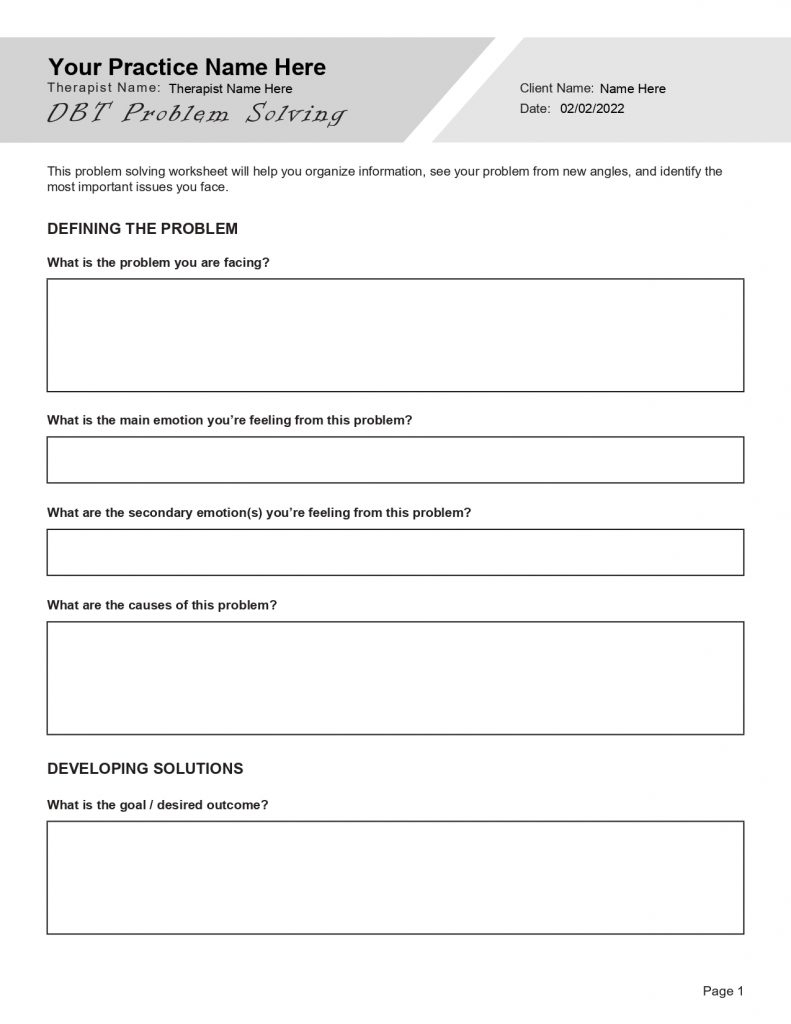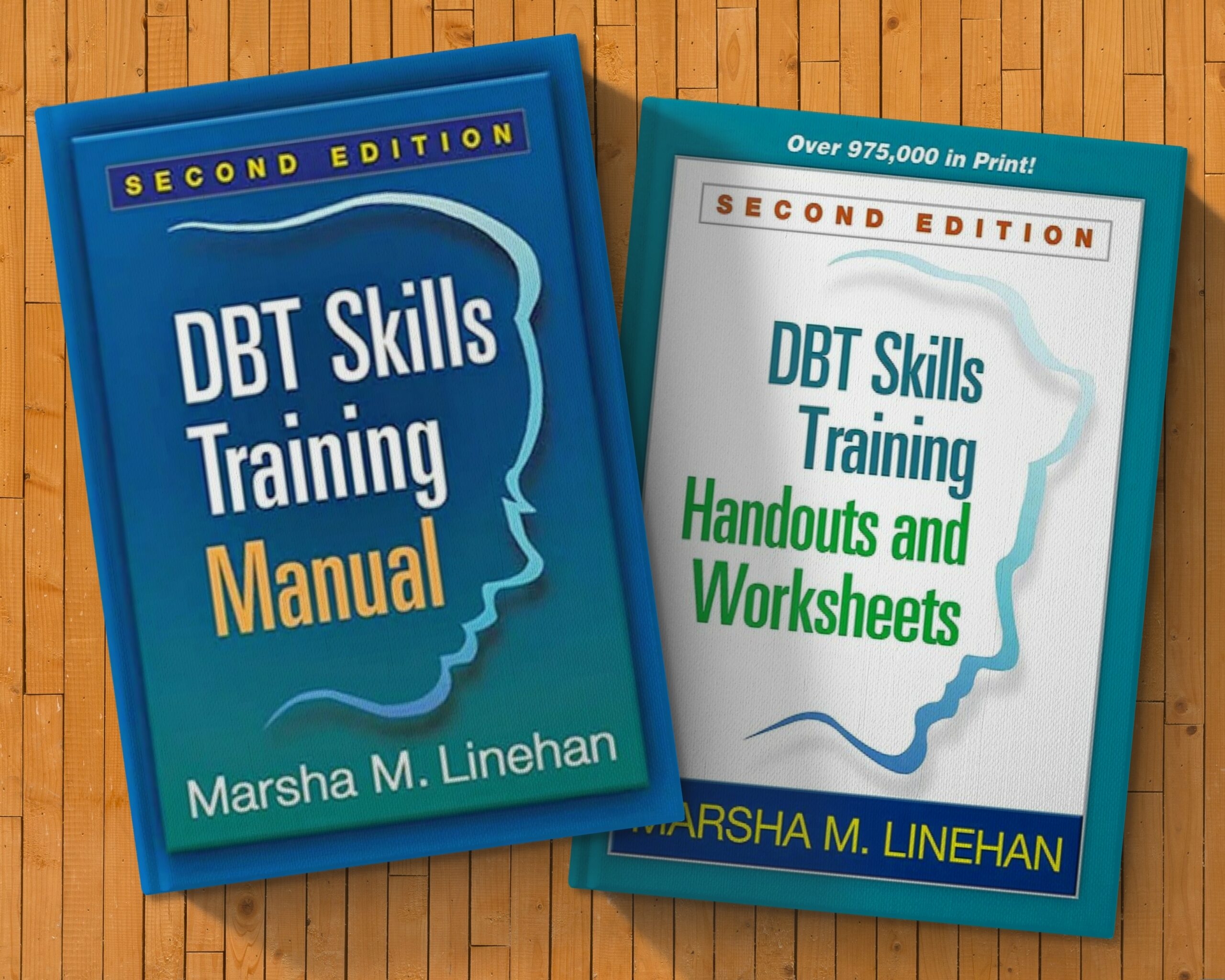Dialectical Behavior Therapy (DBT) is a type of cognitive-behavioral therapy that focuses on teaching individuals skills to cope with stress, regulate emotions, and improve relationships. One key component of DBT is the use of handouts and worksheets to help clients learn and practice these skills in their daily lives.
DBT skills training handouts and worksheets are designed to provide a structured format for teaching and practicing the skills learned in therapy sessions. These resources cover a range of topics, including mindfulness, distress tolerance, emotion regulation, and interpersonal effectiveness.
 Dbt Skills Training Handouts And Worksheets In Spanish DBT Worksheets (dbt-worksheets.com)
Dbt Skills Training Handouts And Worksheets In Spanish DBT Worksheets (dbt-worksheets.com)
One of the core skills taught in DBT is mindfulness, which involves being present in the moment and observing thoughts and feelings without judgment. Handouts and worksheets on mindfulness often include exercises such as mindful breathing, body scans, and mindful eating to help clients develop this skill.
Distress tolerance skills focus on helping individuals cope with intense emotions and crisis situations without making impulsive or harmful decisions. Handouts and worksheets in this category may include strategies such as self-soothing activities, distraction techniques, and creating a crisis survival plan.
Emotion regulation skills help individuals identify and manage their emotions in healthy ways. Handouts and worksheets on emotion regulation may include tools for recognizing different emotions, identifying triggers, and practicing strategies for coping with emotional distress.
Interpersonal effectiveness skills focus on improving communication and relationships with others. Handouts and worksheets in this area may cover topics such as setting boundaries, assertiveness, and conflict resolution techniques to help clients navigate social interactions more effectively.
In conclusion, DBT skills training handouts and worksheets are valuable resources that can enhance the effectiveness of therapy and help individuals build skills for managing their emotions and relationships. By incorporating these tools into their treatment, clients can practice and reinforce the skills learned in therapy sessions, leading to greater success in achieving their treatment goals.
